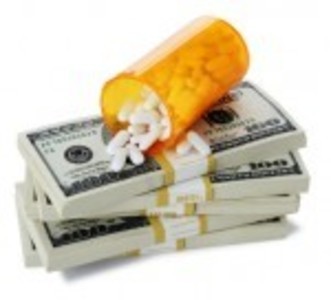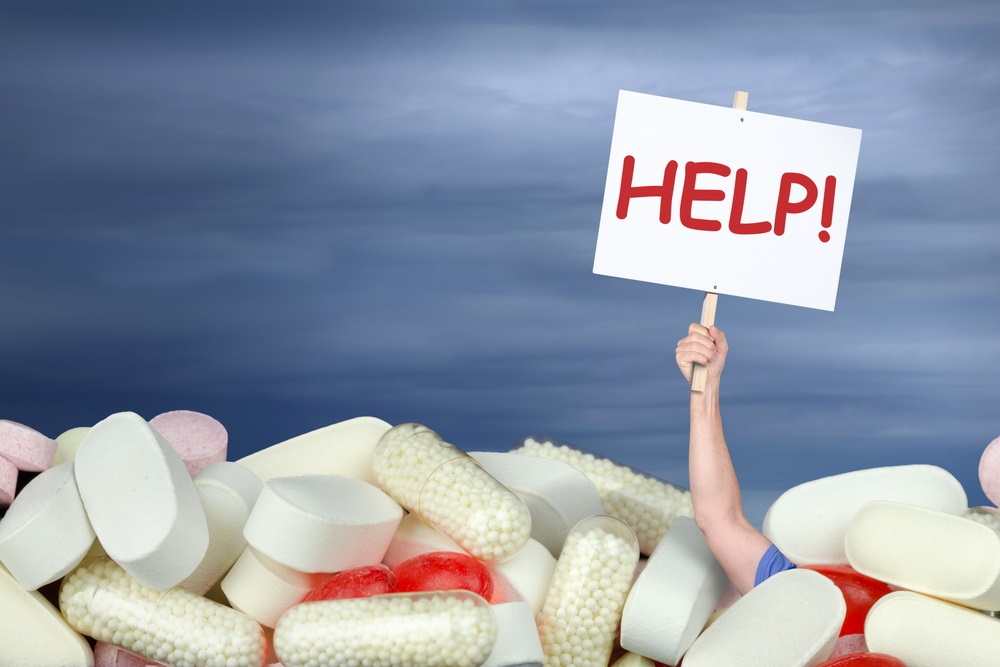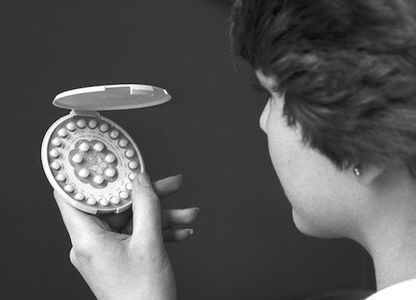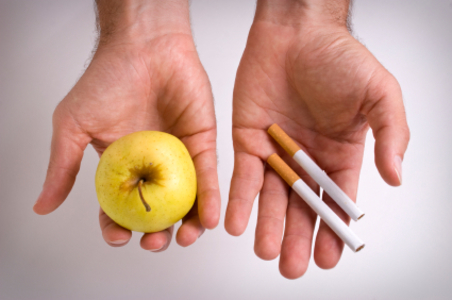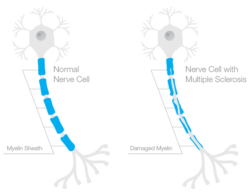Medication Madness
This hard-edged rap video flew around the social media outlets last week- Define Better. The music video tackles the issue of over-medicating our children and calls into question the industry that regularly pushes to expand its market share for old drugs. Two markets that have seen an exponential increase in market share, particularly for psychiatric drugs, are women (including pregnant) and children.
Prescription Medications during Pregnancy
Where in generations past, pregnant women were prohibited from taking any medications lest these meds cross the placenta and harm the fetus. As of 2006, 30% of all pregnant women were taking at least one psychotropic medication (DeVane et al. 2006), despite the documented birth defects and other complications associated with these medications.
Giving Children Antidepressant Medications
Similarly, it was unheard of to prescribe antidepressants to children under the age of 16; not only because these medications have neither been tested nor proved effective in children, but because they cause ‘paradoxical’ reactions – elicit suicidal ideation and suicide itself.
A recent report in the Journal Health Affairs supports these claims. Researchers found that “between 1996 and 2007, the number of visits where individuals were prescribed antidepressants with no psychiatric diagnoses increased from 59.5 percent to 72.7 percent and the share of providers who prescribed antidepressants without a concurrent psychiatric diagnosis increased from 30 percent of all non-psychiatrist physicians in 1996 to 55.4 percent in 2007.” Similarly, another study published in the American Journal of Public Health found that the very medications drug companies marketed most aggressively frequently offered the least clinical benefit and had the potential for the most harm to patients.
Understand what these two reports are saying, drug companies are aggressively marketing those drugs that offer the fewest clinical benefits and the most harm to patients – and we’re buying them! Whether we’re buying them because our doctors prescribed them readily or because we’re demanding the drugs from our doctors, is unclear. What is clear, is that we’ve relinquished personal control over our own health and our children’s health to marketing. We need to regain that control and to do so requires that we ‘Define Better’.
DeVane, CL, Stowe ZN, Donovan JL, Newport DJ, Pennell PB, Ritchie JC, Owens MJ, Wang, JS. Therapeutic drug monitoring of psychoactive drugs during pregnancy in the genomic era: challenges and opportunities. J Psychopharm. 2006; S 20(4):54-59.
